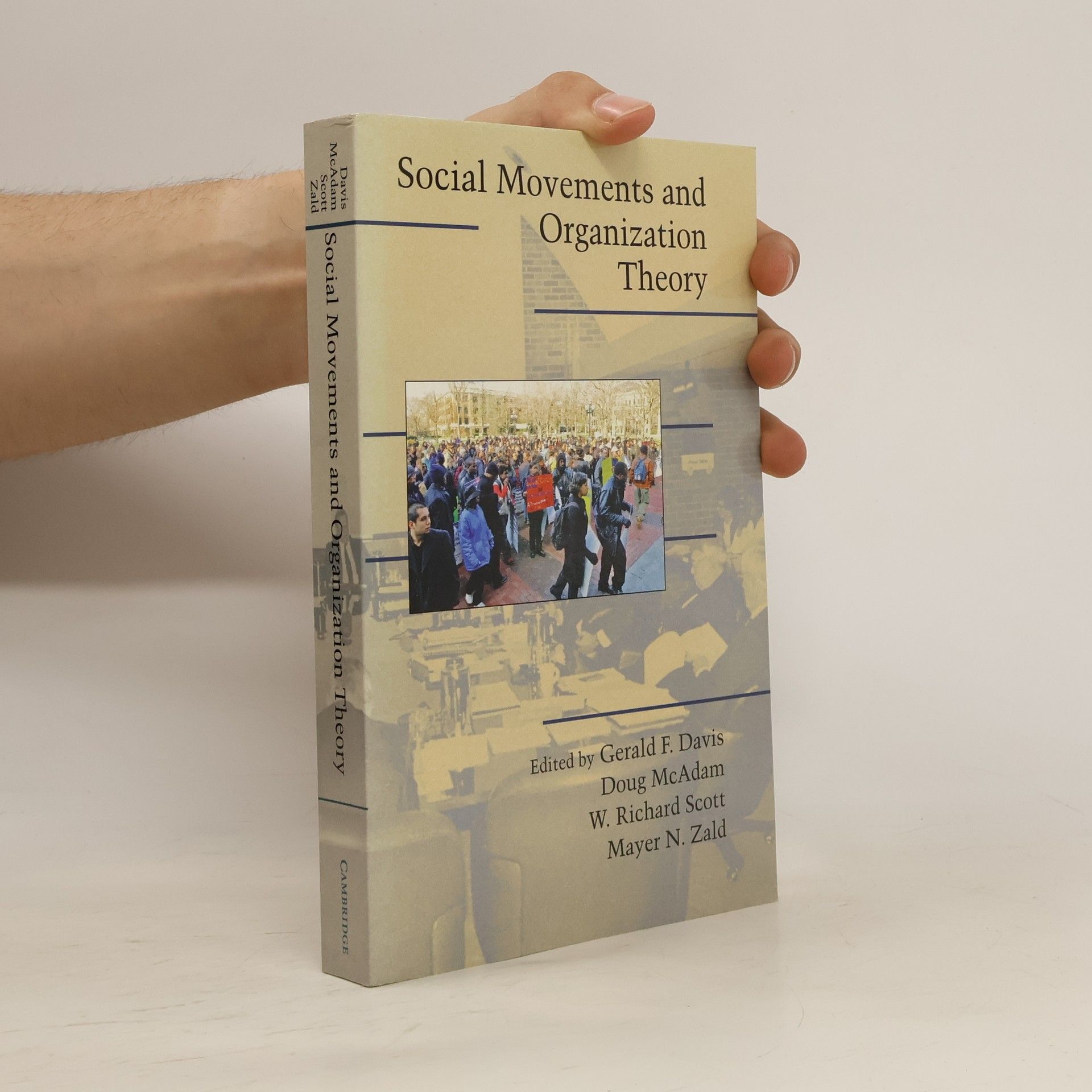The theme of corporate power, antitrust, and the changing shape of the economy are seeing a vast outpouring of interest. This Element brings a highly accessible view rooted in recent research and theory.
Gerald F. Davis Ordre des livres (chronologique)
Gerald F. Davis est professeur de management à la Ross School of Business de l'Université du Michigan. Ses travaux couvrent un large éventail de sujets en management, sociologie et finance. Davis explore comment les structures organisationnelles et les mouvements sociaux se façonnent et s'influencent mutuellement dans le monde des affaires. Ses recherches contribuent à une compréhension plus approfondie de la dynamique organisationnelle et de leur place dans la société.



Managed by the Markets
How Finance Re-Shaped America
The turbulence of the stock market and the housing market in the early years of the 21st century have demonstrated the dangers of tying society too closely to financial markets. Managed by the Markets provides a guide to how we got here and unpacks the consequences of linking the well-being of society too closely to financial markets.
Although the fields of organization theory and social movement theory have long been viewed as belonging to different worlds, recent events have intervened, reminding us that organizations are becoming more movement-like and volatile and politicized while movements are more likely to borrow strategies from organizations. Topics covered in this volume range from globalization and transnational social movement organizations to community recycling programs.